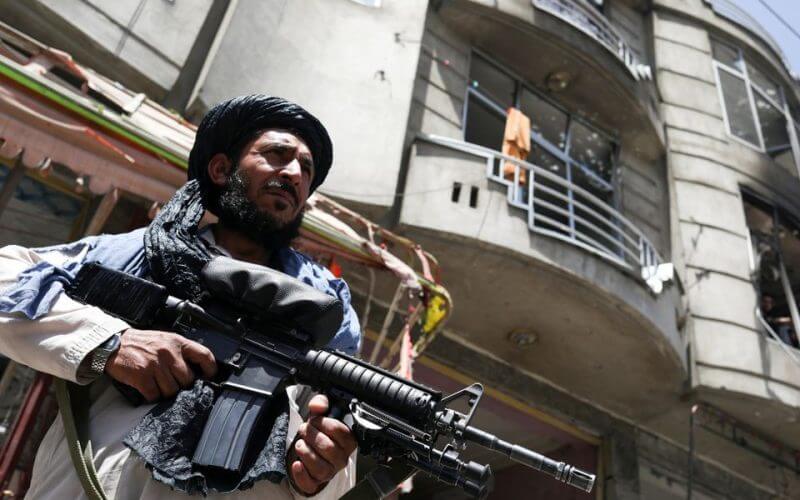Over a thousand Afghan civilians were killed in bombings and other violence since foreign forces left and the Taliban took over in 2021, according to a report by the U.N.'s mission to Afghanistan released on Tuesday.
Between Aug. 15 2021 and May this year 1,095 civilians were killed and 2,679 wounded, according to the U.N. Mission to Afghanistan (UNAMA), underscoring the security challenges even after the end of decades of war.
The majority of deaths - just over 700 - were caused by improvised explosive devices including suicide bombings in public places such as mosques, education centres and markets.
Though armed fighting has fallen dramatically since the Taliban took over in August 2021 as the NATO-backed military collapsed, security challenges remain, particularly from the Islamic State. The militant group was responsible for the majority of attacks, according to the UNAMA, which also noted that the deadliness of attacks had escalated despite fewer violent incidents.
"UNAMA's figures highlight not only the ongoing civilian harm resulting from such attacks, but an increase in the lethality of suicide attacks since 15 August 2021, with a smaller number of attacks causing a greater number of civilian casualties," the report said.









